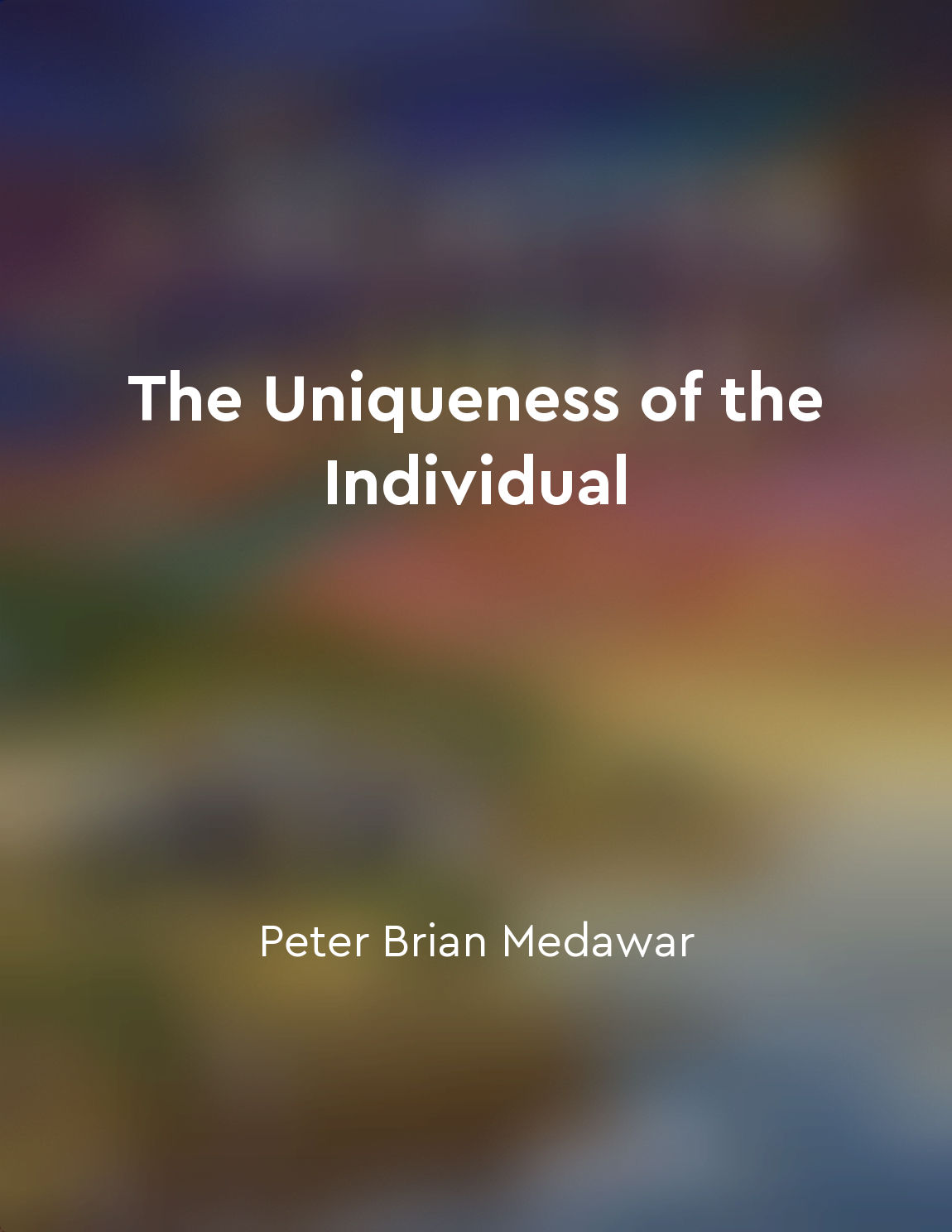Acting morally requires selfdetermination from "summary" of THE CRITIQUE OF PRACTICAL REASON by Immanuel Kant
In order to act morally, one must exercise self-determination. This means that one must have the ability to make decisions based on reason and rationality, rather than being driven by external influences. When we act in accordance with moral principles, we are acting freely and autonomously, as opposed to being coerced or compelled by others. Self-determination is essential for moral action because it allows us to choose our actions based on our own values and beliefs. It is through self-determination that we are able to uphold moral principles and act in a way that is consistent with our duties and obligations. Without self-determination, our actions would be merely the result of external forces or circumstances, rather than a reflection of our own moral agency. Kant argues that moral actions must be performed out of a sense of duty, rather than self-interest or inclination. This requires a certain level of self-determination, as one must be able to overcome selfish desires and act in a way that is in accordance with universal moral laws. By exercising self-determination, we are able to act in a way that is morally right, regardless of our personal desires or motivations. Furthermore, self-determination is necessary for moral accountability. In order to be held responsible for our actions, we must have the ability to make choices and decisions based on our own rational judgment. Without self-determination, we would not be able to be held morally responsible for our actions, as they would be determined by external factors beyond our control.- Acting morally requires self-determination because it is through self-determination that we are able to make choices based on reason and rationality, uphold moral principles, act out of duty, and be held morally accountable for our actions. Self-determination is essential for moral agency and autonomy, allowing us to act in a way that is in accordance with universal moral laws.
Similar Posts
Reasonable pluralism
Reasonable pluralism refers to the inevitable diversity of comprehensive doctrines that exist within a democratic society. It r...
Celebrate your successes and milestones along the way
Recognizing and acknowledging your achievements is a crucial step in understanding and appreciating yourself. By celebrating yo...

Inauthenticity is a state of living in denial
Inauthenticity is a pervasive tendency of human existence that manifests itself as a state of living in denial. This state invo...

Society relies on moral norms to maintain order
In the grand scheme of society, moral norms play a pivotal role in preserving order and harmony among individuals. These moral ...

Respecting diversity is a cornerstone of a civilized society
The idea that respecting diversity is a cornerstone of a civilized society is rooted in the fundamental understanding that each...
Behaving in accordance with duty is the essence of moral worth
To act morally, one must act out of a sense of duty rather than mere inclination or desire. This duty stems from rational princ...
The dawn of the sovereign individual
At the heart of the enormous transformation now underway is the emergence of a new kind of individual, the sovereign individual...
Ethical principles are discovered through rational inquiry
Ethical principles, according to Kant, are not something that can be arbitrarily chosen or imposed upon individuals from an ext...
Create a vision for your future
Having a vision for your future is vital because it provides you with a clear direction to follow. When you have a vision in mi...
Defiance against oppressive systems
Oppressive systems are like a heavy yoke placed upon the shoulders of the people, crushing their spirits and limiting their pot...

